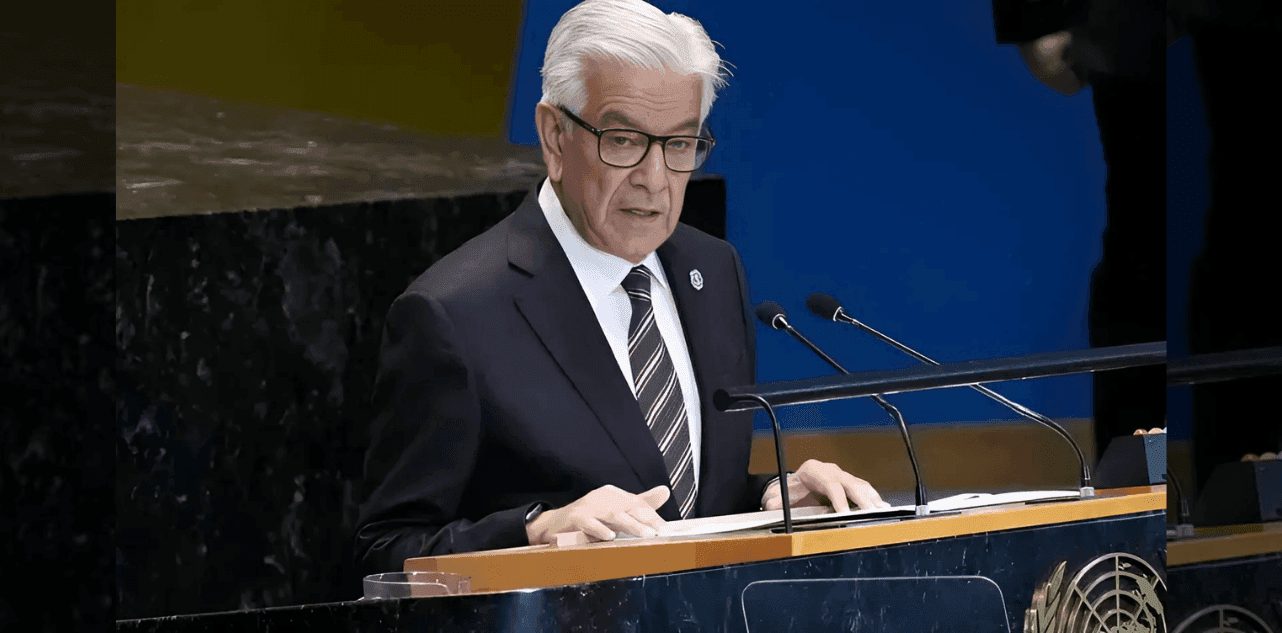Monday 16 February 2026
After Pahalgam Attack Fallout, Pakistan Calls for ‘International Probe’ Amid Rising Tensions
Share

After India's strong counter-attacks following the Pahalgam terror attack, Pakistan has demanded an "international inquiry" to probe the killings of 26 individuals in Jammu and Kashmir on April 22. Islamabad made the move at a time when there is increasing pressure and growing tensions between the two countries.
The Resistance Front (TRF), the proxy of the banned Pakistan-based Lashkar-e-Taiba (LeT), had taken responsibility for the deadly attack, inviting more condemnation on Pakistan.
Responding immediately, India imposed a series of strict moves, such as expelling Pakistani military attaches, suspension of the Indus Water Treaty, and the immediate shutdown of the Attari land-transit post. New Delhi also directed all Pakistanis who had traveled into India through the Attari border to depart by May 1.
Pakistan’s defence minister, Khawaja Muhammad Asif, speaking to the New York Times, insisted that Islamabad had no role in the attack and was "ready to cooperate" with any investigation led by "international inspectors".
However, India maintained that the steps were necessary given the repeated cross-border terror incidents. Asif accused India of leveraging the Pahalgam incident as a political tool, saying New Delhi suspended the water treaty and imposed punitive measures "without any proof and investigation".
"We do not want this war to flare up, because flaring up of this war can cause disaster for this region," Asif warned in his NYT interview, underlining the broader regional risk of escalating conflict.
Despite Islamabad’s repeated denials, the direct claim of responsibility by TRF — a group linked to LeT — has deepened suspicions internationally. In his conversation with the New York Times, Asif claimed that LeT was "defunct" and had "no ability to plan or conduct" attacks from Pakistan-controlled territory, distancing the government from the Pahalgam assault.
However, Asif’s remarks during a separate interview with Sky News complicated Islamabad’s position further. In a candid moment, the Pakistani minister admitted Pakistan’s historical role in supporting terrorism.
Sky News presenter Yalda Hakim asked him, "You do admit, sir, that Pakistan has had a long history of backing and supporting and training and funding these terrorist organisations?"
Asif responded, "Well, we have been doing this dirty work for the United States for about three decades, you know, and the West, including Britain."
This admission has reignited global concerns about Pakistan’s legacy of fostering militant groups, even as Islamabad now claims to be distancing itself from such activities. Asif described it as a "mistake" that Pakistan had "suffered for" over time.
While Pakistan demands an international probe and attempts to defuse regional tensions, its self-contradictory statements and past baggage persist in obscuring its credibility. As tensions are still high, the world keenly observes how the Pahalgam attack aftermath will set the tone for the future of Indo-Pakistani relations.
Newsletter
Stay up to date with all the latest News that affects you in politics, finance and more.